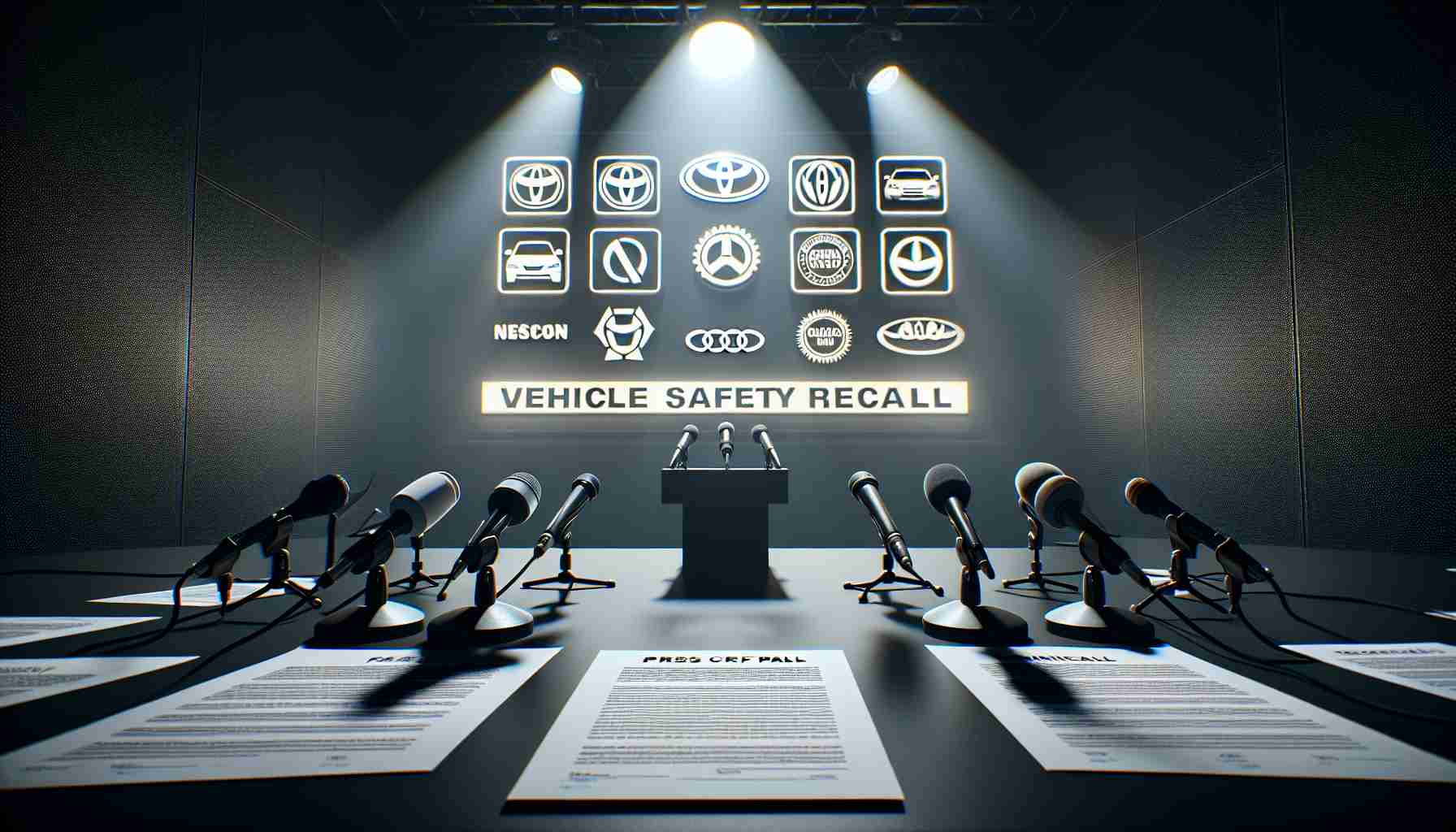Automakers Initiate Recall Procedures
Multiple major automakers have recently issued recalls for various vehicle models due to safety concerns. These recalls address issues ranging from airbag malfunctions to fuel pump defects that could pose serious risks to drivers and passengers. The companies have taken proactive measures to ensure the safety of their customers.
Jaguar Land Rover Recall
Jaguar Land Rover has announced a recall affecting certain Jaguar XEL and XFL models manufactured between February 22, 2024, and May 21, 2024. The recall involves the replacement of defective driver-side airbags that may fail to deploy correctly in the event of a collision, potentially endangering occupants.
Kia EV6 Recall
Kia is recalling a number of imported EV6 electric vehicles produced between June 8, 2023, and November 1, 2023, due to software issues in the Integrated Charging Control Unit (ICCU). This defect could lead to battery charging failures, resulting in a gradual loss of vehicle power and speed limitations.
Toyota Highlander Recall
Toyota has initiated a recall for certain Highlander models manufactured between October 16, 2018, and January 24, 2022. The vehicles are being recalled to address inadequate pressure resistance in the high-pressure fuel pump, which could lead to fuel leaks and potential fire hazards in extreme cases.
Lexus RX Recall
Lexus RX vehicles produced between March 12, 2018, and October 6, 2022, are subject to a recall by Toyota. The recall aims to replace faulty high-pressure fuel pumps that could develop cracks, leading to fuel leaks and fire risks when exposed to external ignition sources.
Foton Daimler CMV Recall
Foton Daimler has issued a recall for a batch of Ouman-branded grille-type trucks manufactured between August 5, 2020, and December 15, 2020. The recall addresses a safety issue where cargo loading risks, including overloading and roof bar detachment, could occur due to inadequate roof pole fixation.
In conclusion, these automakers are dedicated to prioritizing customer safety and have taken the necessary steps to rectify potential hazards in the recalled vehicles.
Exploring Deeper into Vehicle Safety Recalls by Major Automakers
As major automakers continue to announce safety recalls for a wide range of vehicle models, it is essential to delve into additional facts and considerations that may impact both consumers and the automotive industry. Let’s address some key questions and explore the advantages and disadvantages associated with these recall procedures.
Key Questions:
1. Are there specific trends or patterns in the types of safety issues prompting these recalls by major automakers?
2. How do automakers communicate safety recall information to affected customers, and what steps should owners take when their vehicles are recalled?
3. What are the regulatory requirements governing safety recalls in the automotive industry, and how do they vary across different regions?
Important Facts:
– Safety recalls can significantly impact an automaker’s reputation and financial stability, as addressing widespread issues may involve substantial costs and resources.
– Collaborations between automakers and regulatory bodies are crucial in ensuring the timely identification and resolution of safety concerns to protect consumers.
Advantages and Disadvantages:
One advantage of proactive safety recalls is the demonstration of a commitment to consumer safety, fostering trust in the brand. However, these actions can also lead to customer inconvenience, potential financial losses for both automakers and owners, and logistical challenges in coordinating repairs on a large scale.
Key Challenges:
1. Balancing the urgency of addressing safety risks with the practical considerations of executing recall procedures efficiently and effectively.
2. Ensuring that replacement parts or repairs are readily available to minimize downtime for affected vehicles and inconvenience to customers.
3. Managing public relations and communication strategies to maintain transparency and trust throughout the recall process.
In summary, while safety recalls serve a vital purpose in safeguarding consumers, they also present complexities and challenges that require careful navigation by automakers and regulatory bodies. By prioritizing transparency, efficiency, and consumer safety, major automakers can work towards resolving safety concerns and upholding industry standards.
For further information on safety recalls and automotive industry insights, visit National Highway Traffic Safety Administration.























